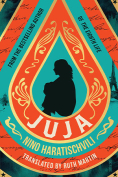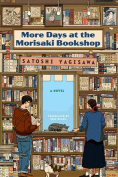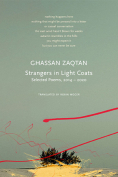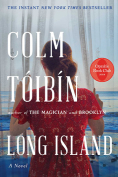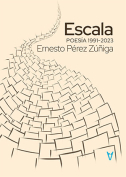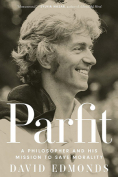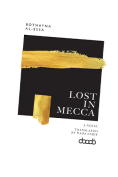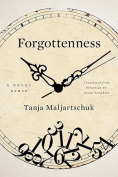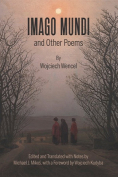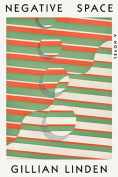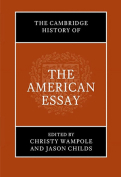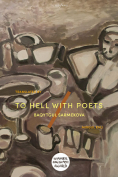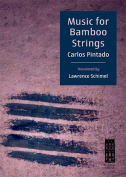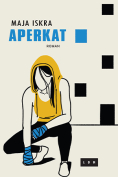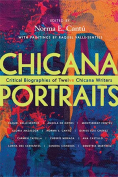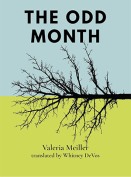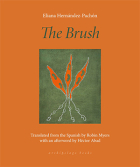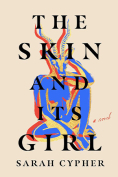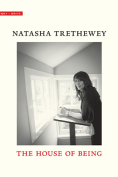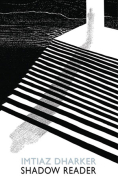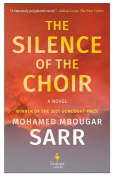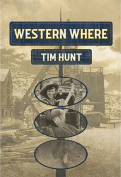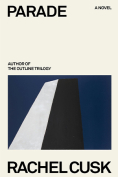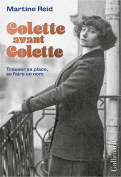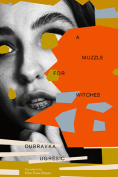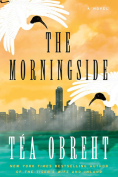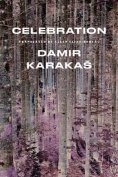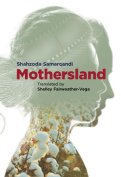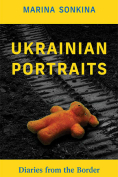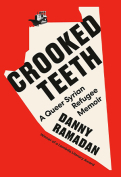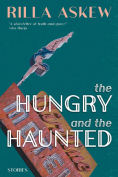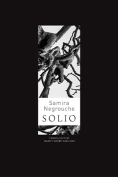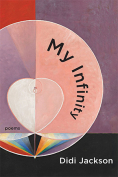Shadow Reader by Imtiaz Dharker
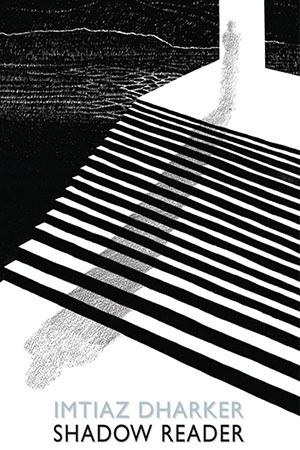 London. Bloodaxe Books. 2024. 160 pages.
London. Bloodaxe Books. 2024. 160 pages.
The title of a poem or a poetry collection often sets up a stage for expectations. Shadow Reader, by Imtiaz Dharker, the recipient of the Queen’s Gold Medal for Poetry, begins delivering the dark prophecy, read from her shadow by a chhaya shastri, a soothsayer with Nostradamus’s authority: “He licked his finger, flicked a page / and told me the year of my death. / That year has arrived” (“In the year of my death”). In fact, it facilitates a canvas in which the meaning of “shadow reading” follows the context of the education system, wherein a listener, upon hearing the reader, explores various angles on a multifaceted topic.
Hence, as it imparts to me, the book is more “about foretelling and telling and retelling the story: so much of what is going on—events, conflicts, and how they are reported in the media or depicted in art. The shadows are everywhere but so are the sightings of angels.” It is also about who takes charge of the story, for she doesn’t really believe a word of a Shadow Reader. The collection unfolds into her shadowy ambience, lively but reflective. So that the reader of the book doesn’t get drawn into dark expectations, the second poem quickly turns to The Waste Land but flicks it into a joyful occurrence: “You arrive in the city of pointing fingers / . . . and you / still have petals falling from your mouth,” though the grotesque always lurks nearby: “and on the illuminated borders / there are drops of blood” (“Out of the rose garden”).
Such gray canvases offer Dharker—like some of her exquisite drawings accompanying the text—an opportunity to articulate the context of her milieus swathed in her heritage: a Lahori Muslim Calvinist who grew up in Glasgow and married into Wales but was adopted by India. For her this diversity is not a burden but the source of pride. When you are many such fragments, a rich tapestry of meanings is inevitable: “It’s like rummaging around your life / wondering what you can sell / to keep things going” (“What it is like”). In this journey, her every step also refers to the poetic rhythm: “My walk is iambic. I keep the beat. / Shall I compare thee to tadum tadum?”
Dharker, like Daljit Nagra and Sujata Bhatt, sometimes uses Indian or Urdu words to highlight a cultural trait. These poets have shown that such natural blending can create a desired impact. However, with a good spectrum of subjects covered, I wish there were more magical poems like “Out of the rose garden,” mentioned above.
As an accomplished artist with her work exhibited internationally, the drawings here are in fastidious detail, woven with fine lines, while the diminutive specks compose a play of light. Their metaphorical images make an artistic statement and complement their relevant poems. The poise radiates continuance, command, and composure. For example, the drawing on her front cover reflects in this burst of a haiku: “A door full of light / walls made of nothing but words. / Traveller, come in.”
Yogesh Patel
London
